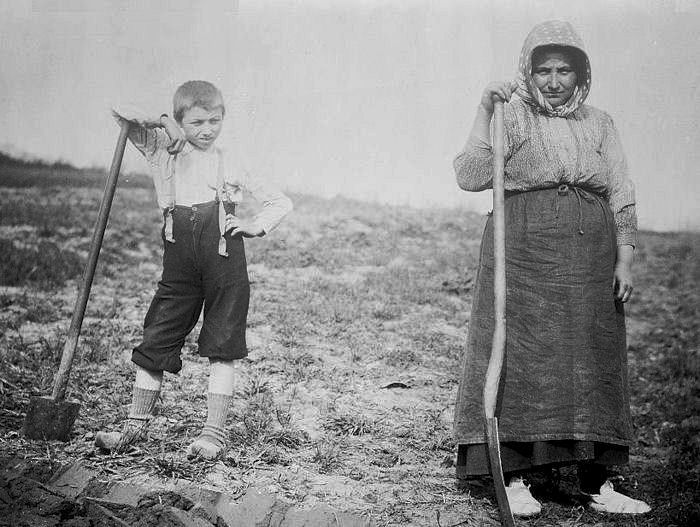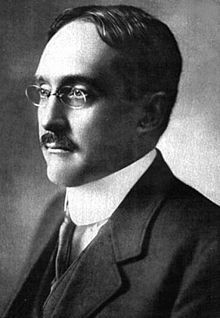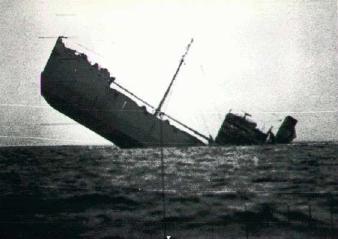Move Violates Laws of War; A Protest From the U.S.
Wilson Running For Re-election; ‘He Kept Us Out of War’
Special to The Great War Project
(18-22 September) Germany is dragooning hundreds of thousands of Belgian citizens into forced labor.
According to historian Martin Gilbert, in these days in the war a century ago, Germany gives the orders that 700,000 Belgian workers are to be forcibly transported to Germany.

Belgian women maintain the farms as men forced into labor in Germany.
This development brings sharp condemnation from many quarters, including the United States. “Among those who protested,” reports Gilbert, “was Cardinal Foley of New York,” who condemned this transportation of “a whole people into bondage.”
In the United States, there is strong and widespread condemnation of the German action.
In Washington, President Woodrow Wilson, now running for re-election, instructs the U.S. Ambassador in Berlin, James Gerard, to raise the matter with the German Chancellor.
Gerard tells the German leader that “there are Belgians employed in making shells, contrary to the rules of war and the Hague Conventions.” The Chancellor’s response? “I do not believe it,” he declares.
Ambassador Gerard responds: “My automobile is at the door. I can take you in four minutes to where thirty Belgians are working on the manufacture of shells.”

James Gerard, American ambassador to Germany.
The Chancellor elects not to take the Ambassador’s offer.
At this time a century ago, President Wilson, the Democrat, is running for re-election on the slogan: He kept us out of war.
Wilson’s Republican opponent in the campaign is Charles Evans Hughes, a justice of the Supreme Court and former governor of New York. Under Wilson, the United States is still pursuing a policy of neutrality. But public sentiment in the U.S. is growing more favorably toward the Allies, especially when news of Germany’s treatment of the Belgium civilian population reaches the U.S.
Hughes does not call overtly for the U.S. to enter the war, but he does stand for increased “readiness,” and expansion of the American army. He criticizes Wilson for failing to expand the military and improve its readiness. That only serves to strengthen Wilson’s position as an anti-war president.
Still tension between the United States and Germany does not diminish. Under extreme pressure from the U.S., Germany has restricted its submarine campaign against American merchant ships.
But continued stalemate in the war convinces many German leaders that they must return to unrestricted submarine warfare if they have any chance of striking a death blow against the Allied powers.
Germany has hoped that Wilson can bring the Germans to the negotiating table and produce a quick victory. But that hope is fading.
“As the stalemate dragged on,” writes historian Gary Mead, “the thoughts of the German Admiralty began to return to the possibilities of submarine warfare.” After all, writes Mead, despite so-called American neutrality, “the U.S. could not be more hostile than it is already.”

Ship sunk by German U-boat, date and place uncertain.
The Germans also fear that the results of the presidential election will bring Hughes, a much more belligerent leader, to the White House.
Reports Mead…
...“It was high time Germany stopped fighting with one hand tied behind its back.”
For the moment however, the Germans choose not to order unrestricted submarine warfare. There is hope among some German leaders that President Wilson can persuade the Allies to come to the negotiating table, at a moment quite advantageous to Germany.
And it’s not as if the Germans have stopped all U-boat attacks. In the fall of 1916, there was a spate of attacks, reports historian Mead. “Most without warning on unarmed merchant vessels which carried and killed American citizens.”
